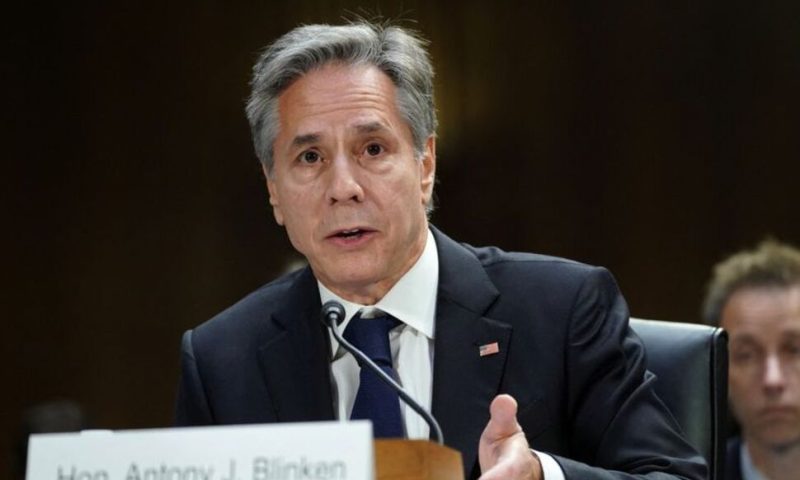WASHINGTON – The United States remains focused on the Indo-Pacific despite other global challenges, top U.S. diplomats said on Thursday as Secretary of State Antony Blinken prepared to go to Asia after a Middle East trip amid the Israel-Hamas conflict.
Blinken heads to Israel this week for talks on the Middle East conflict and will stop in Jordan before heading to Japan for a meeting with G7 counterparts and bilateral talks with Japanese officials and stops in South Korea and India. The trip lasts until Nov. 10.
“The Secretary’s trip to the region demonstrates our enduring commitment to and focus on the Indo-Pacific, even amidst other global challenges,” the top U.S. diplomat for East Asia, Daniel Kritenbrink, told reporters in previewing the Asia leg of the trip.
Kritenbrink said Blinken would attend a meeting of G7 foreign ministers in Tokyo and have separate talks with Japan’s Prime Minister Fumio Kishida and Foreign Minster Yoko Kamikawa.
“We anticipate that discussions in those meetings will focus on events in the Middle East, support for Ukraine, cooperation in the Indo-Pacific, a range of bilateral issues and of course, trilateral cooperation as well with (South Korea),” he said.
Kritenbrink said Japan had been an “outstanding” G7 chair and had “kept the G7 laser-focused on the most pressing issues both globally and regionally.”
He did not respond when asked if he was confident the G7 would be able to agree a robust statement on the Israel-Hamas conflict.
Asked what Blinken would tell the Asian countries about his talks last week with Chinese Foreign Minster Wang Yi, Kritenbrink said he believed they wanted to see Washington “responsibly managing our competition with China.”
“Our commitment to the Indo-Pacific remains enduring,” he said. “And the fundamental focus of our diplomacy in the Indo-Pacific remains strengthening our ties with allies, partners and friends, and growing their collective capacity, our shared capacity to support the rules-based international order.”
The top U.S. diplomat for South Asia, Donald Wu, said “efforts to advance democracy and human rights” would be on the agenda in talks between the U.S. and Indian foreign and defense ministers “as well as our expanded cooperation in clean energy, counterterrorism, artificial intelligence, space, and semiconductor manufacturing.”

